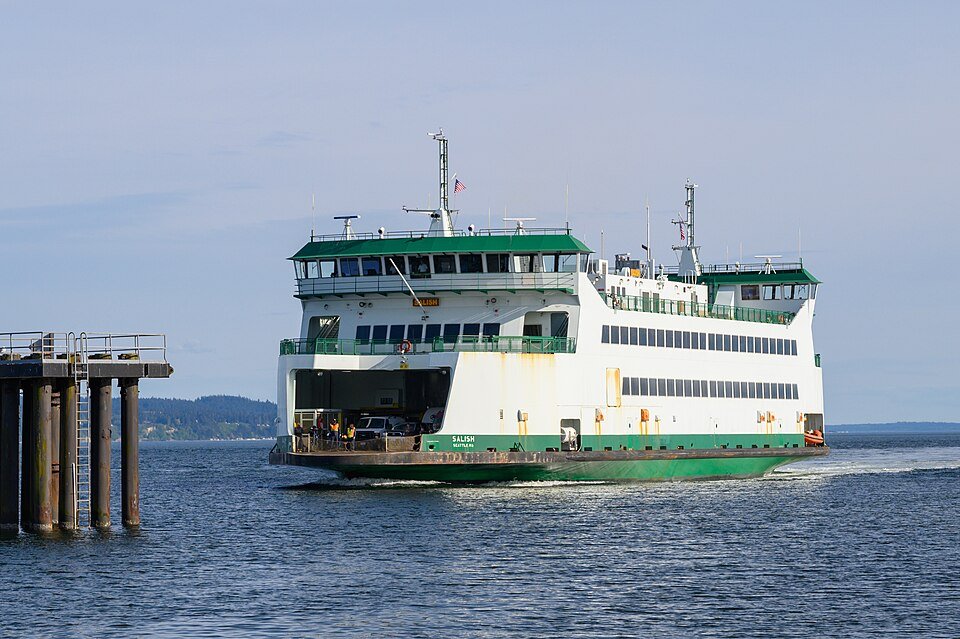Varanasi is poised to make history as the launch site of the country’s first green hydrogen-powered ferry, a groundbreaking step in India’s journey toward sustainable transportation. This innovative vessel, designed and constructed by Cochin Shipyard Limited (CSL), has recently received official clearance from the Indian Register of Shipping (IRS), as reported by The New Indian Express.
The eco-friendly ferry, capable of carrying up to 50 passengers, is expected to soon begin commercial service along the sacred Ganga river between Kashi and Prayagraj. It comes after the successful completion of six months of rigorous trial runs, demonstrating its reliability and performance.
Setting itself apart from traditional diesel ferries, this state-of-the-art vessel is powered by a hydrogen fuel cell battery system based on Low-Temperature Proton Exchange Membrane (LT-PEM) technology. Unlike fossil fuel-powered crafts, this green hydrogen ferry produces only water and heat as by-products. It is entirely free of carbon emissions, offering a clean, quiet, and sustainable alternative to conventional river transport.
“By integrating LT-PEM fuel cell technology, the ferry ensures silent operation and significantly reduces mechanical wear, as there are no moving parts. This leads to lower maintenance needs. The vessel can cruise comfortably at a speed of 6.5 knots. Most importantly, it completely eliminates greenhouse gas emissions, making it a benchmark for eco-friendly maritime innovation,” a CSL official told the publication.
The ferry is outfitted with five hydrogen cylinders capable of storing up to 40 kilograms of fuel. This is sufficient to power the vessel for eight continuous hours of operation, allowing for uninterrupted service throughout the day.
The project also has strong backing at the highest levels of government. Prime Minister Narendra Modi officially flagged off the vessel on February 28, 2024, symbolizing India’s dedication to advancing clean and zero-emission transportation technologies.
Green hydrogen—produced by electrolyzing water using renewable energy—is increasingly being recognized as the “fuel of the future.” Its ability to serve as a clean substitute for fossil fuels has generated widespread interest globally. Once considered prohibitively expensive, with costs around ₹960 per kilogram, advancements in technology and scaling up of infrastructure have led to a significant reduction in prices, bringing hydrogen solutions within reach for broader applications.
While Kochi has already embraced electric-hybrid ferries through its ambitious Water Metro initiative, the integration of hydrogen-powered vessels into India’s waterways marks the next evolution in green maritime transport. These developments not only help curb carbon emissions but also set the stage for future hydrogen-based public transport across the country.
To support this shift, necessary infrastructure is also being rapidly developed. A green hydrogen production plant and refueling station are currently under construction near Kochi International Airport, a joint project undertaken by Bharat Petroleum Corporation Limited (BPCL) and Cochin International Airport Limited (CIAL). This move is expected to further boost the adoption of hydrogen-powered transport in both marine and land-based mobility sectors.
With the launch of this hydrogen ferry in Varanasi, India joins a select group of nations pushing the boundaries of clean transportation. It’s a moment of pride and a clear signal of the country’s growing focus on environmental responsibility and technological innovation in the face of climate change.
